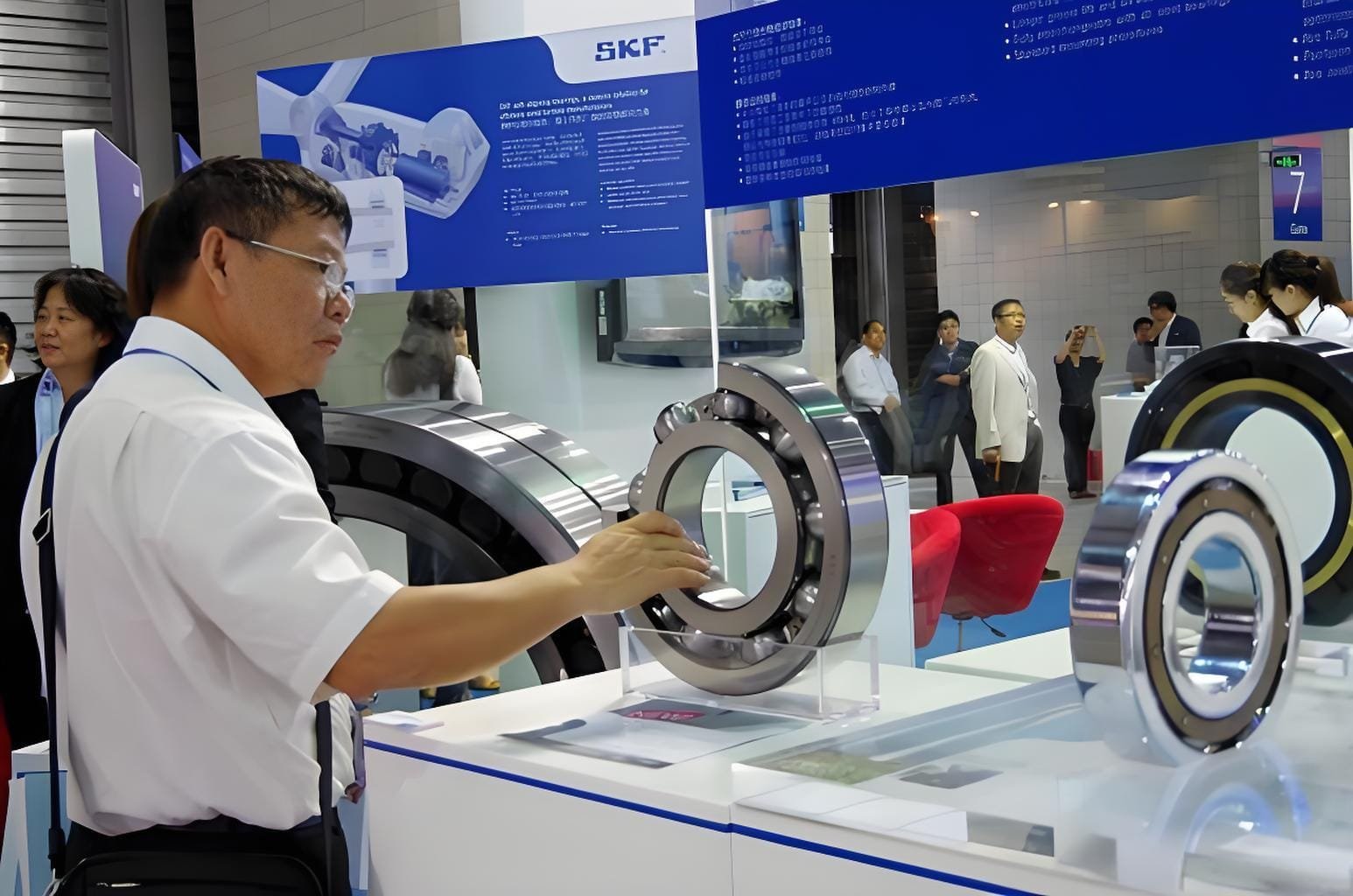Bearings are critical components in machinery and equipment, ensuring smooth rotation and reducing friction. Among the numerous bearing brands available, FAG, SKF, and NSK are widely recognized for their high-quality products. This article aims to provide a detailed comparison of these three brands, highlighting their pros and cons.
- FAG Bearings
FAG, a member of the Schaeffler Group, is a German-based company known for its premium bearings. Here are some of the advantages and disadvantages of FAG bearings:
Advantages:
- High-quality materials: FAG uses high-quality materials, such as chrome steel, to ensure long-lasting performance.
- Precision engineering: FAG bearings are manufactured with high precision, providing smooth rotation and minimal friction.
- Wide range of products: FAG offers a wide range of bearings, including deep groove ball bearings, spherical roller bearings, and angular contact ball bearings.
Disadvantages:
- Higher price: FAG bearings are generally more expensive than other brands, which may not be suitable for budget-conscious customers.
- Limited availability in some regions: FAG may not have a strong presence in certain markets, which may affect product availability.
- SKF Bearings
SKF is a Swedish-based company that is known for its innovative solutions and high-quality bearings. Here’s a breakdown of the pros and cons of SKF bearings:
Advantages:
- Advanced technology: SKF continuously invests in research and development, offering cutting-edge bearing technologies.
- Excellent customer support: SKF provides comprehensive customer support, including technical assistance and after-sales service.
- Wide distribution network: SKF has a strong presence in various markets, ensuring easy access to their products.
Disadvantages:
- Price: Similar to FAG, SKF bearings are often more expensive than other brands.
- Complexity in installation: Some SKF products may require specialized knowledge and equipment for installation.
- NSK Bearings
NSK, a Japanese-based company, is renowned for its high-quality bearings and precision machinery. Here are the pros and cons of NSK bearings:
Advantages:
- Robust design: NSK bearings are designed for high durability and long service life.
- Cost-effective: NSK offers competitive pricing, making their products suitable for budget-conscious customers.
- Wide range of products: NSK has a diverse product portfolio, including deep groove ball bearings, angular contact ball bearings, and tapered roller bearings.
Disadvantages:
- Limited product range: While NSK offers a wide range of products, some specialized applications may not be covered.
- After-sales service: NSK may not have the same level of customer support as FAG or SKF in certain regions.
Conclusion:
When choosing between FAG, SKF, and NSK bearings, it is essential to consider the specific requirements of your application, budget, and the availability of after-sales support. FAG and SKF are known for their premium quality and advanced technologies, but they come with a higher price tag. NSK, on the other hand, offers competitive pricing and robust designs. Ultimately, the best choice will depend on your specific needs and priorities.
References:
- Coursera profile
- Medium article
- Disqus profile
- Gravatar profile
- DeviantArt profile
- 4shared profile
- Letterboxd profile
- Qiita profile
- Kickstarter profile
- Academia.edu profile
- Instapaper profile
- 8tracks profile
- Codepen profile
- Tumblr profile
- Atlas Obscura profile
- LiveJournal profile
- Listly profile
- Designspiration profile
- MagCloud profile
- LinkedIn profile
- Scoop.it topic
- Pinterest pin
- Tumblr blog post
- VK profile
- Listly list
- Instapaper profile
- Diigo profile
- OK profile
- Quora profile
- Cornell University blog comment
- USF blogs comment
- Antidroga blog comment
- Muse Union blog comment
- Dickinson College blog comment
- St. Edward’s University site comment
- Suffolk University site comment
- New School portfolio comment
- Tandem.edu.co site comment
- St. Cloud State University blog comment
- IUP blog comment
- Yale Campus Press comment
- PUCP blog comment

 SKF Bearing
SKF Bearing NSK Bearing
NSK Bearing FAG Bearing
FAG Bearing TIMKEN Bearing
TIMKEN Bearing INA Bearing
INA Bearing NTN Bearing
NTN Bearing KOYO Bearing
KOYO Bearing NACHI Bearing
NACHI Bearing
